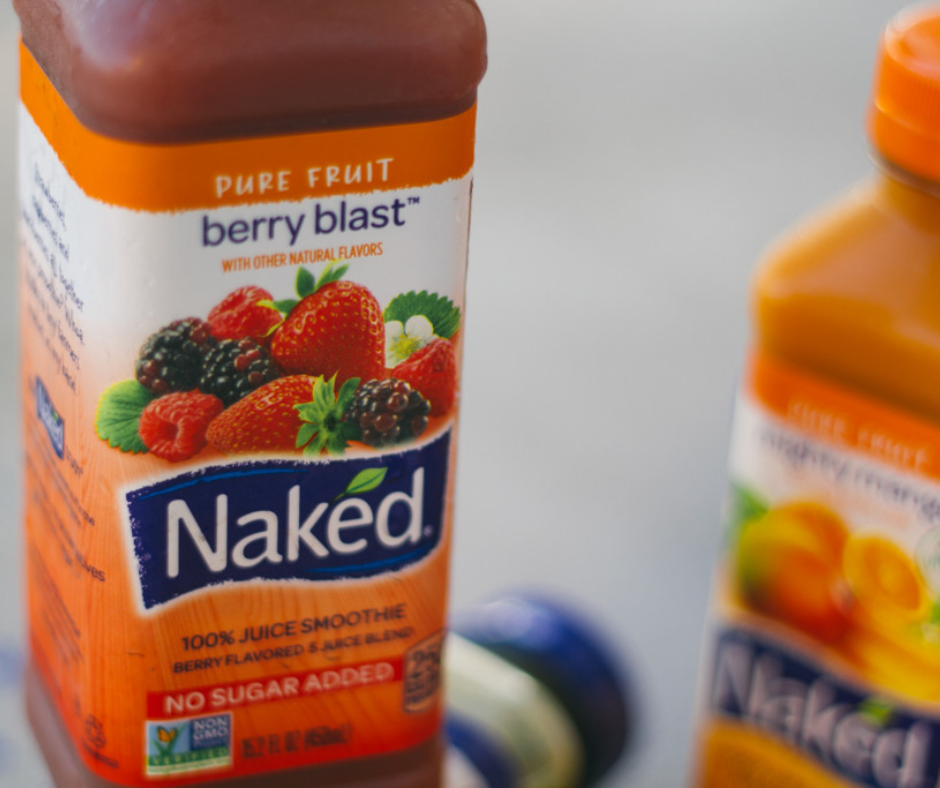Is Tropical Smoothie Healthy? Unveiling the Truth!
Tropical Smoothie Cafe’s offerings can be healthy, depending on your choice of smoothie ingredients. Some options are high in sugar and calories, so selection is key.
Tropical Smoothie Cafe has become a go-to spot for many seeking a refreshing and nutritious beverage or meal replacement. With an array of fruits, vegetables, and add-ons like nuts, seeds, and protein powders, customers can customize their drinks to fit a health-conscious lifestyle.
Yet, it’s crucial to navigate the menu wisely as some smoothies come laden with sugars, whether from natural fruit sources or added sweeteners. For those aiming to maintain a balanced diet, focusing on the nutrient-rich, low-calorie options will ensure your tropical treat is as wholesome as it is delicious. Always consider the ingredients and nutritional information to make the best choice for your health goals.
Debunking The Healthy Smoothie Myth
Tropical smoothies often carry a ‘health halo’ effect, implying they’re better for you than they may actually be. Many people think that because smoothies are made with fruit, they’re inherently healthy. This belief, however, doesn’t always hold true. High sugar content in fruit smoothies can be a health concern.
| Fruit Smoothie | Sugar Content |
|---|---|
| Mango Magic | 45g |
| Berry Blast | 60g |
| Strawberry Zen | 55g |
These numbers show how sugar can sneak into your diet. Always check the nutrition facts before choosing your smoothie. Smoothies might not be the healthiest choice for a meal replacement or snack.
Nutritional Breakdown Of Popular Tropical Smoothies
Tropical smoothie health value varies based on ingredients. A typical tropical smoothie contains fruits, vegetables, and sometimes sweeteners or dairy products.
Those with just fruits and veggies can be low in calories and rich in nutrients. Sweeteners or dairy add more calories. These smoothie elements affect the calorie count and macronutrients.
| Smoothie Type | Calories | Protein | Carbohydrates | Fat |
|---|---|---|---|---|
| Fruit-Based | 150-250 | 2-4g | 30-60g | 0.5-1g |
| Veggie-Infused | 100-200 | 1-3g | 20-40g | 0.5-1g |
| Add-Ons (Honey, Yogurt) | 200-350 | 3-10g | 40-70g | 1-4g |
Smoothies may boast a wide range of vitamins and minerals. Vitamin C and potassium are often high.
Hidden Ingredients: What’s Really Inside?
Many tropical smoothies pack a punch of vitamins and freshness. Yet, it’s key to peek at what else they contain. The additives and preservatives can be a downside you shouldn’t ignore.
Smoothie shops often use artificial sweeteners to enhance taste. They make your drink sweet without adding calories. Flavorings can also be artificial. They make you think you’re tasting real fruit when you’re not.
These ingredients ensure long shelf life and vibrant taste. But they may not align with a healthy lifestyle. It’s important to read labels or ask staff about what’s in your smoothie.
For those mindful of their health, seeking smoothies without artificial additives is wise. Opt for ones with all-natural ingredients. Your body will thank you for it.

Customizing Your Smoothie For Better Health
Selecting a healthy base is crucial for your smoothie. Use unsweetened almond milk or water to reduce sugar. Avoid juice bases, as they often add unnecessary sugar. Opt for low-sugar fruits like berries, green apples, and papaya. These fruits lower the overall sugar content. Blend in spinach or kale for a nutrient-packed drink.
| Low-Sugar Fruits | Benefits |
| Berries | High in antioxidants |
| Green Apples | Balances sweetness |
| Papaya | Aids digestion |
Remember, whole fruits are better than fruit juices. They provide essential fiber and reduce sugar. This makes your smoothie both delicious and nutritious.

Healthy Alternatives To Store-bought Smoothies
Creating your homemade smoothie recipes is a sure way to control what goes into your drink. Select fresh fruits, such as berries, bananas, and mangoes for sweetness and flavor. Adding vegetables like spinach or kale can boost the nutritional value. Use unsweetened almond milk or yogurt for a creamy base without added sugars. A touch of honey or agave can sweeten your smoothie if needed.
Visiting a smoothie bar? Opt for options that contain whole fruits and vegetables. Ask for no added sugar or syrups. You can also request to see their nutritional information to make better choices. Remember, the healthiest smoothie is the one you tailor to your own needs. Choose wisely!

Frequently Asked Questions For Is Tropical Smoothie Healthy
What Nutrients Are In Tropical Smoothies?
Tropical smoothies are typically rich in vitamins, especially Vitamin C from fruits like mangoes and pineapples. They also contain dietary fiber and may have added protein or supplements, depending on the recipe.
Are Tropical Smoothies Good For Weight Loss?
Tropical smoothies can be good for weight loss if made with low-calorie ingredients. It’s best to avoid adding excess sugars and use whole fruits instead of syrups or fruit concentrates for natural sweetness.
How Many Calories Are In A Typical Tropical Smoothie?
A typical tropical smoothie can range from 200 to 500 calories depending on the ingredients and serving size. To reduce calorie count, use less sweetened juices and avoid adding extra sugar or high-calorie supplements.
Can Tropical Smoothies Replace Meals?
Tropical smoothies can replace a meal if they include protein, healthy fats, and fiber. Adding ingredients like Greek yogurt, nuts, or protein powder helps make them more filling and balanced.
Conclusion
Navigating the menu at Tropical Smoothie can be a fruitful endeavor. Opt for whole fruits, veggies, and lean proteins to maximize benefits. Steer clear of excessive sugars to maintain a healthy balance. Ultimately, your choices shape the nutritional impact of your Tropical Smoothie experience.
Stay informed, stay healthy.